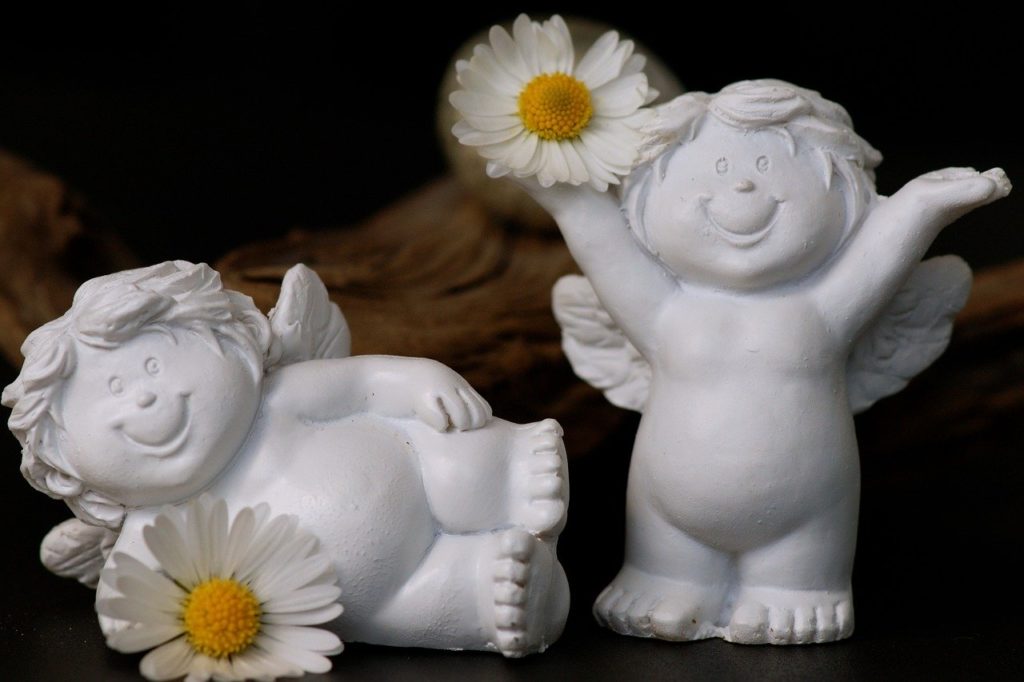Viktor Frankl, a famous Austrian psychiatrist and psychotherapist speaks of three inescapable human experiences. They are Pain, Guilt, and Death; and he calls them “Tragic Triad”. These experiences by nature are negative in themselves. But, how can we stay positive in the midst of these inescapable realities, and many more that we encounter on a daily basis as existential human beings. Frankl suggests a psychological approach known as logotherapy. The Greek term logos means “Word” or “Will” of God in religious circles. In a broader sense, it can be viewed as “that which gives reason for being.” Frankl prefers the simple translation of logos as “meaning”. Logotherapy means healing through meaning
The basic assumption of logotherapy according to Frankl is; life has meaning under all circumstances; people have a will to meaning; and people have the freedom under all circumstances to activate the will to meaning and to find meaning.
We stand in need today of healing therapy for individual persons and the world at large in the midst of existing chaos and confusion.
Frankl also speaks about “a tragic optimism.” which means that a person remains optimistic in spite of the “tragic triad” through logotherapy. A triad which consists of those human experiences which may be conditioned by pain; guilt; and death. It raises a fundamental question, how is it possible to say yes to life in spite of all these negative experiences? He suggests that it is better to pose the question differently by asking, ‘can life retain its potential meaning in spite of its tragic aspects?’ After all, life is potentially meaningful even with those experiences that are most miserable. And this in turn triggers the human capacity to turn life’s negative aspects into positive or constructive experiences. In other words, making the best of any given situation. “The best,” however, in Latin means ‘optimum’. Therefore, according to Frankl the human potential allows us to turn suffering into a human achievement and accomplishment; guilt into opportunity to change oneself for the better; and our transitoriness as an incentive to take responsibilities in life.

Frankl speaks from his own personal experience of struggles and suffering that he had to experience in the concentration camp of Hitler during the second world war. He has an amazing story of hardships and personal losses which led him to come up with a new perspective in life, the logotherapy.
In reality, we live today or at least sometimes we perceive that the world is broken and stands in need of healing, from its brokenness, selfishness, destructiveness, divisiveness and defenselessness. We as human beings, stand in need of healing physically, spiritually, emotionally, and psychologically. We are wounded as a humanity but not crushed; diverted but not crashed; disobedient but not forsaken, lost hope but not hopeless. We stand in need today of healing therapy for individual persons and the world at large in the midst of existing chaos and confusion.
What we need today is not why’s, what’s, who’s and how’s; in order to bring healing of the world and ourselves; but a meaningful approach to find purpose and meaning in life to go through pain, guilt and death. The Word, the Eternal Word, the Logos is the way the truth and the life in our lives.
With Prayers,
Fr Tomy Puliyan, MSFS
“Holiness and Happiness through Wellness and Wholeness”


Hi Fr. Tomy,
Indeed very happy to see the ‘honeycombtoday’ with relevant reflections to ponder. All the best to this new venture of yours.
Fr. Simon Paicatt msfs
Thoughtful Reflections. Positivity itself gives meaning. Could give an example for meaning. I feel. Thanks Tom.
congrats…
positivity is appreciable….
An example of how pain/guilt/ death was given meaning by … could explain your thought more …
Fr. Tomy Really nourishing the heart and soul
Your words remind me of one of my favorite Scriptures, 2 Cor 4:9–broken but not crushed, perplexed but not in despair, persecuted but not abandoned, struck down but not destroyed—the thought that our failings are a call to greater holiness is a most comforting one— God Bless you, Father Tomy